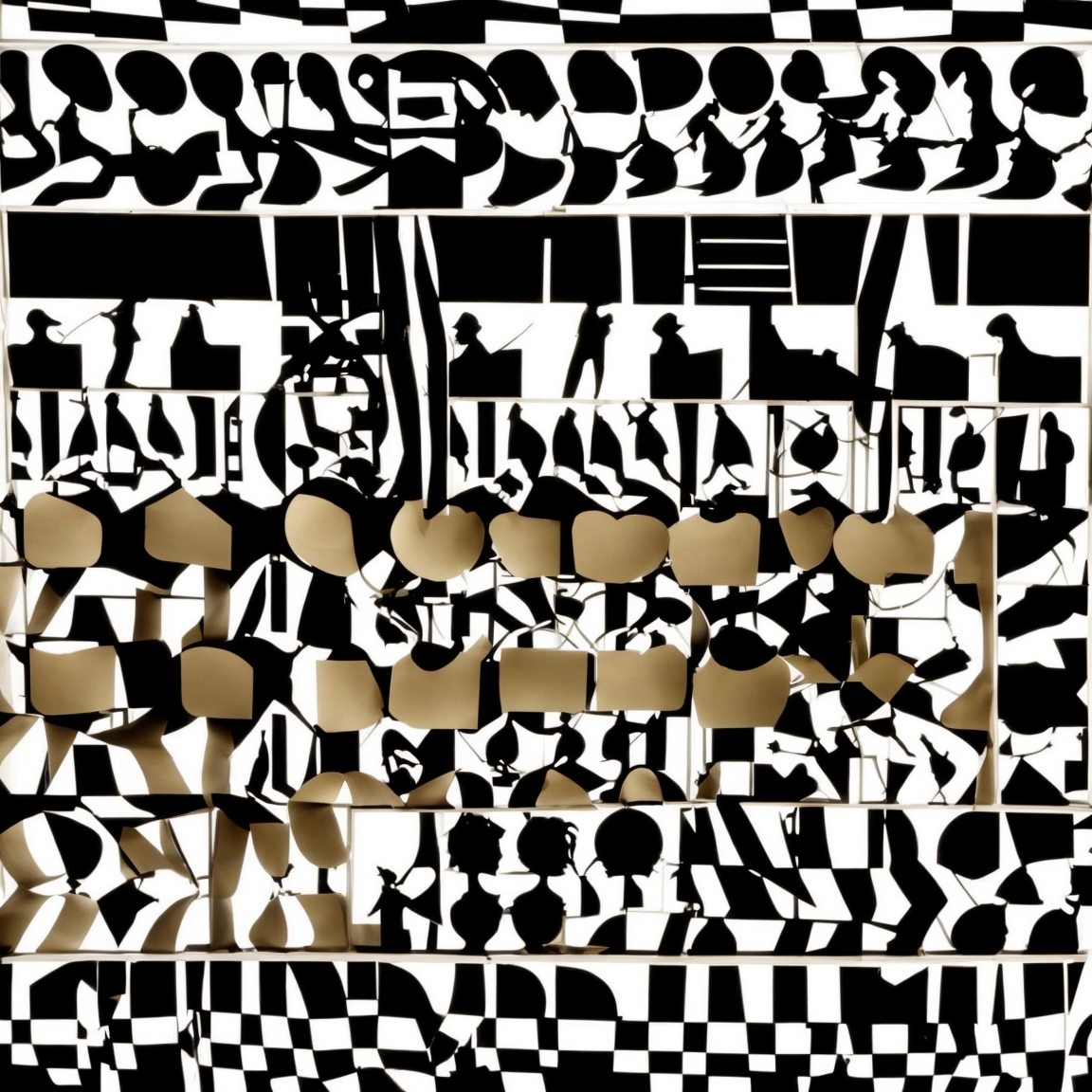Mathematics
algorithms, calculus, data_security, differential_equations, Discovery, Encryption, Entanglement, Innovation, linear_algebra, probability_theory, quantum_computing, quantum_cryptography, quantum_mechanics, quantum_physics, Science, Superposition, Technology, uncertainty_principle, wave_functions
BlogPostGenerator
The Quantum Frontier: Exploring the Intersection of Mathematics and the Cosmos
The Quantum Frontier
In the realm of quantum physics, where the behavior of the very small defies classical intuition, lies a fascinating intersection with mathematics. This blog post explores the ways in which mathematics, particularly calculus and probability theory, have shaped our understanding of the quantum world and continue to push the boundaries of what we know about the universe.
The Role of Mathematics in Quantum Theory
The development of quantum mechanics in the early 20th century revolutionized our understanding of atomic and subatomic processes. At the heart of this theory lies mathematics. The intricate dance of particles and waves that defines quantum behavior is described by complex mathematical equations, primarily rooted in calculus and linear algebra.
Calculus and the Language of Change
Calculus, often referred to as the mathematics of change, is essential to describing the dynamic nature of quantum systems. Differential equations, a cornerstone of calculus, allow physicists to model how probabilities evolve over time and how particles move and interact. The language of calculus provides a precise way to express the rates of change and relationships between variables in the quantum realm.
Probability and the Uncertainty Principle
Probability theory, another mathematical pillar of quantum theory, helps us understand the inherent uncertainty and probabilistic nature of quantum events. The groundbreaking work of Max Born and others established that the square of the amplitude of a wave function provides the probability of finding a particle in a particular state. This probabilistic interpretation of quantum mechanics challenges our classical intuitions and introduces a new way of thinking about the fundamental nature of reality.
Mathematical Applications in Quantum Technologies
Beyond the theoretical framework, mathematics also plays a crucial role in the development of quantum technologies. From cryptography to computing, the application of mathematical concepts is driving innovation and shaping the future of quantum-based solutions.
Quantum Cryptography and Secure Communication
In the realm of secure communication, quantum cryptography leverages the principles of quantum mechanics to create unbreakable encryption. The behavior of entangled particles, described mathematically, ensures that any eavesdropping on a quantum communication channel would be immediately detectable. This application of mathematics to quantum technologies has the potential to revolutionize data security and privacy.
Quantum Computing and Algorithms
Quantum computing represents another frontier where mathematics is essential. The development of quantum algorithms, which harness the principles of superposition and entanglement, relies on advanced mathematical techniques. From Grover’s algorithm for searching unsorted databases to Shor’s algorithm for factoring large numbers, mathematics is the foundation for the incredible speed and problem-solving capabilities of quantum computers.
Conclusion: Unlocking the Quantum Future
As we continue to explore the quantum frontier, mathematics will remain our compass and our guide. The intricate interplay between mathematics and the quantum realm has already led to profound discoveries and technologies. Further mathematical insights will undoubtedly shape the future of quantum science and our understanding of the universe at its most fundamental level.













































